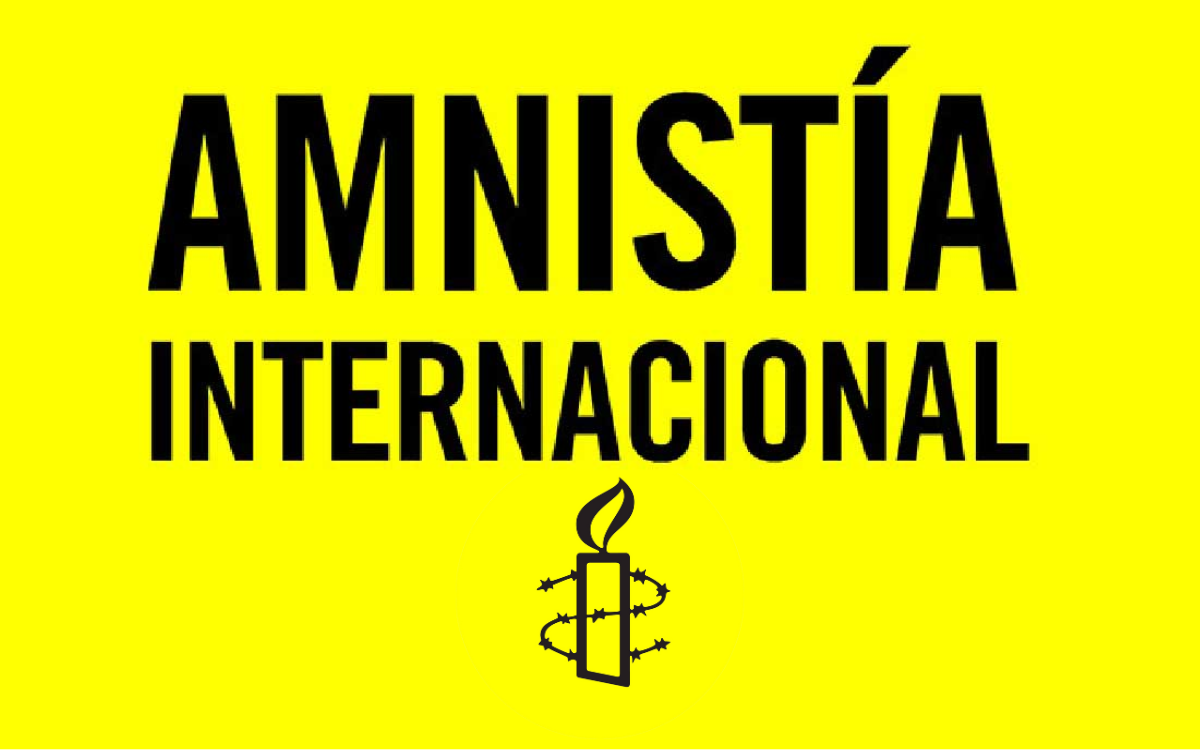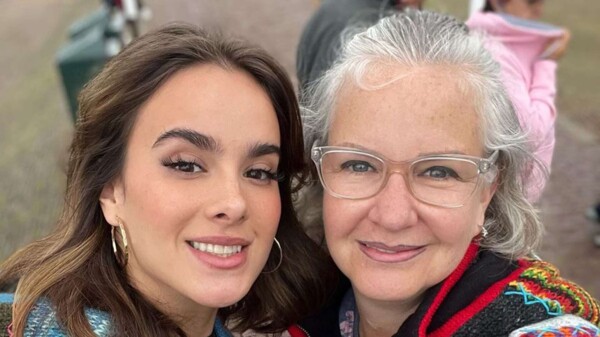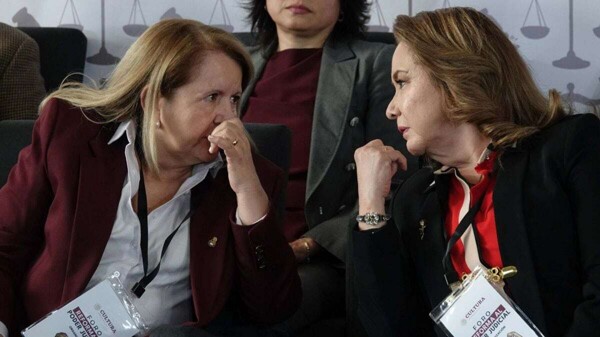
Edith Olivares Ferreto, executive director of Amnesty International, warned about an initiative presented in the Senate that aimed to eliminate "control of conventionality." According to Olivares, this measure would have violated the international human rights treaties signed by Mexico, jeopardizing the protection of human rights in the country.
In an interview with Aristegui en Vivo, Edith Olivares highlighted the importance of the 2011 constitutional reform, which integrated international treaties into the Mexican legal framework. This reform recognized treaties as part of the Constitution, ensuring the harmonization of local legislation with international standards on human rights.
The director of Amnesty International explained that Mexico voluntarily commits to being part of international treaties through a process in the Senate of the Republic. Citing examples such as the Inter-American Human Rights Charter and the Convention on the Rights of Persons with Disabilities, she emphasized the importance of these agreements for the protection of the rights of vulnerable groups.
Edith Olivares stressed that the control of conventionality requires judges and magistrates to apply legislation while avoiding contradictions with international treaties. She pointed out that thanks to this measure, significant advances have been achieved in Mexico in the recognition and protection of rights, especially for groups such as women, people with disabilities, and sexual diversity.
The director of Amnesty International called on legislators to thoroughly review the initiative that aimed to eliminate the control of conventionality. She emphasized the importance of not risking human rights in Mexico and proposed a consultative process before approving constitutional reforms of such magnitude.
Regarding the original proposal for the reform and the conflicts among the branches of government, Olivares expressed her concern about how constitutional reforms were being approved. In this sense, she advocated for creating spaces for listening and dialogue with the communities most affected by violence in the country.
The director of Amnesty International Mexico insisted on the need to consider the opinions of people affected by human rights violations before approving constitutional changes. She emphasized that modifying control of conventionality without thorough analysis would imply a serious mistake that would affect the fundamental rights established in the Constitution.














